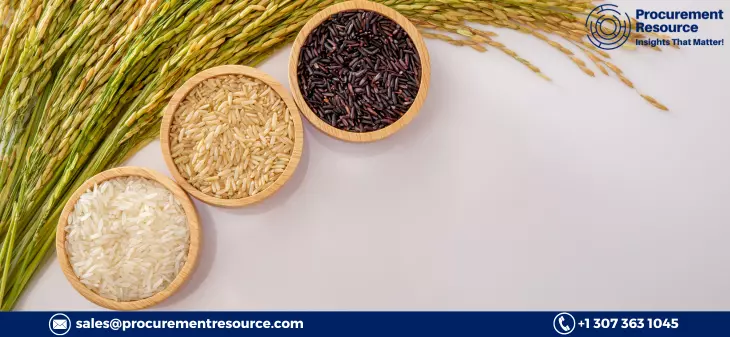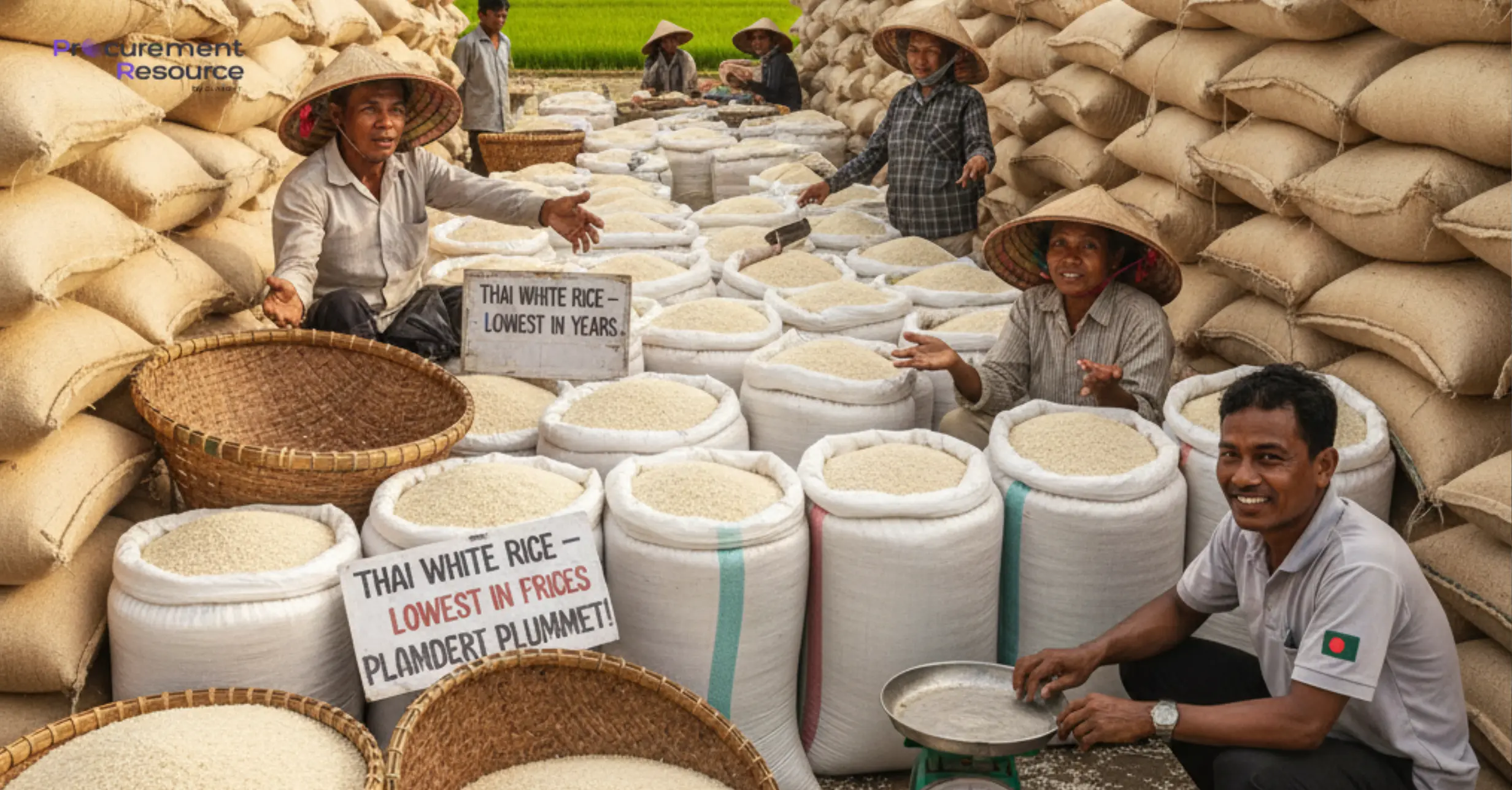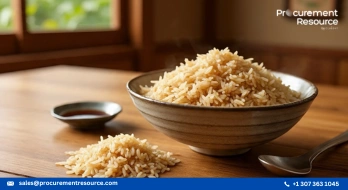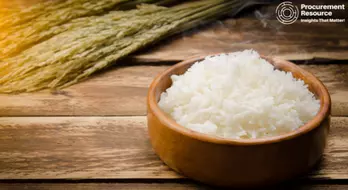The government of India has implemented a ban on exports of non-basmati white rice as part of its measures to enhance domestic supply

The Indian government has implemented a policy for ensuring the increased supply of rice in the domestic market and adjusting the retail prices through the festive season. The exports of non-basmati rice will be restricted as per the policy, while the par-boiled non-basmati rice and basmati rice will be exported as usual. This policy is expected to affect only 25 percent of the country’s total rice experts, according to the food ministry of India.
Request Access For the Latest Price Trends of Rice
A notice has been published by the directorate general of foreign trade (DGFT) stating that the export policy has been changed from “free” to “prohibited” for non-basmati white rice. The main objective of this modification is to ensure an adequate supply of rice is available in the domestic market while maintaining reasonable prices during the line of festive season. The rice market will be impacted significantly by this policy, and it is expected that both producers and consumers will get benefited.
The price of local rice is increasing at a high pace, due to which the government has taken the decision to implement a new export facility. Currently, the export of rice is strictly restricted, whereas it was allowed previously with a 20 percent export duty. Moreover, according to The Ministry of Agriculture and Rural Development, the retail prices of rice have been increasing consistently since last year, and the prices have soared by 11.5 percent over the previous year, with an additional 3 percent increase within the last month alone.
Last year on September 8, an export duty of 20 percent was implemented to manage prices and secure a sufficient supply of non-basmati white rice in the local market. However, this action didn’t provide the desired result, and the rice export rose from 33.66 lakh tonnes to 42.12 lakh tonnes during the period of September to March 2022-23. Additionally, the first of 2023 has experienced a 35 percent hike in rice export compared to the same period in 2022. This sudden surge in exports can be attributed to high international prices due to El Nino effects and extreme weather conditions in other rice-producing countries.
Read More About Rice Production Cost Reports - Get Free Sample Copy in PDF
According to Procurement Resources, the Indian government has implemented a ban on the export of non-basmati white rice in an effort to increase the domestic supply and maintain reasonable retail prices during the upcoming festive season. Due to the escalating trend of rice prices within the country, this action has been taken to guarantee sufficient availability and lower prices during the festival season.



